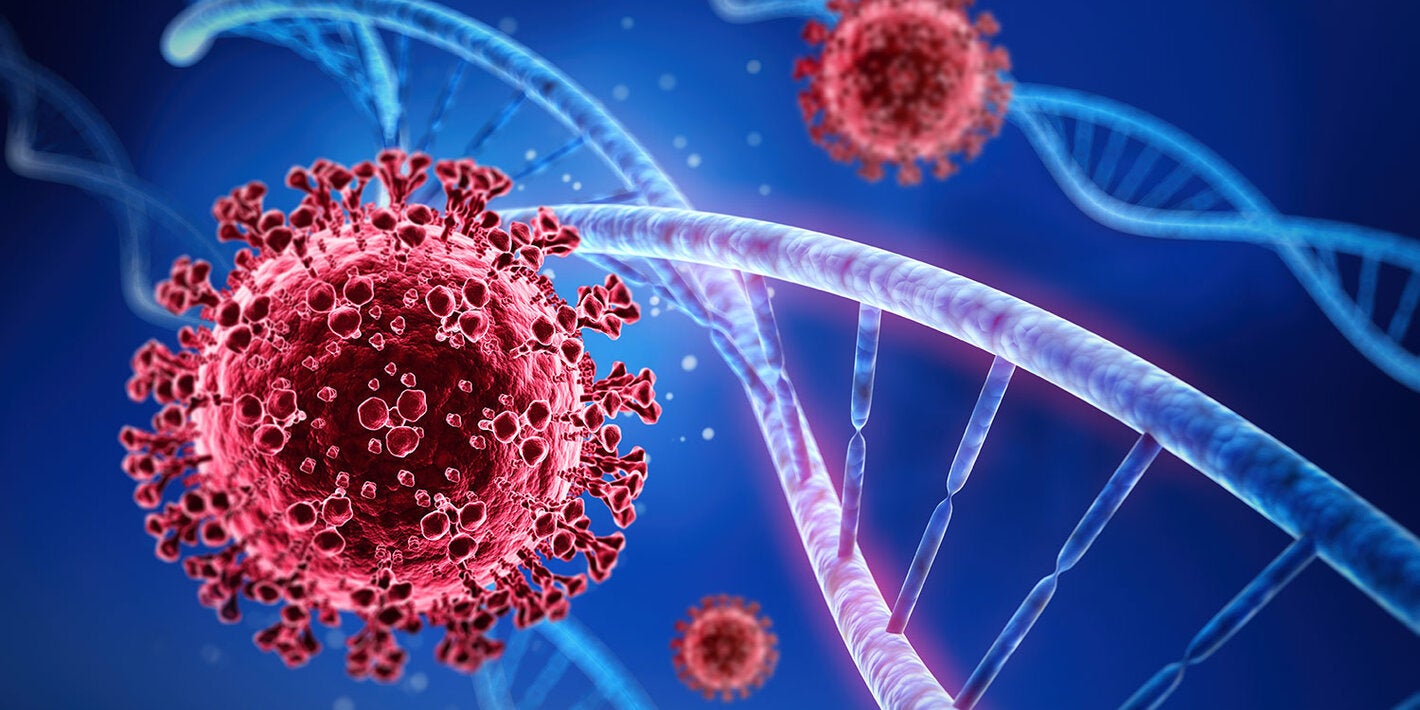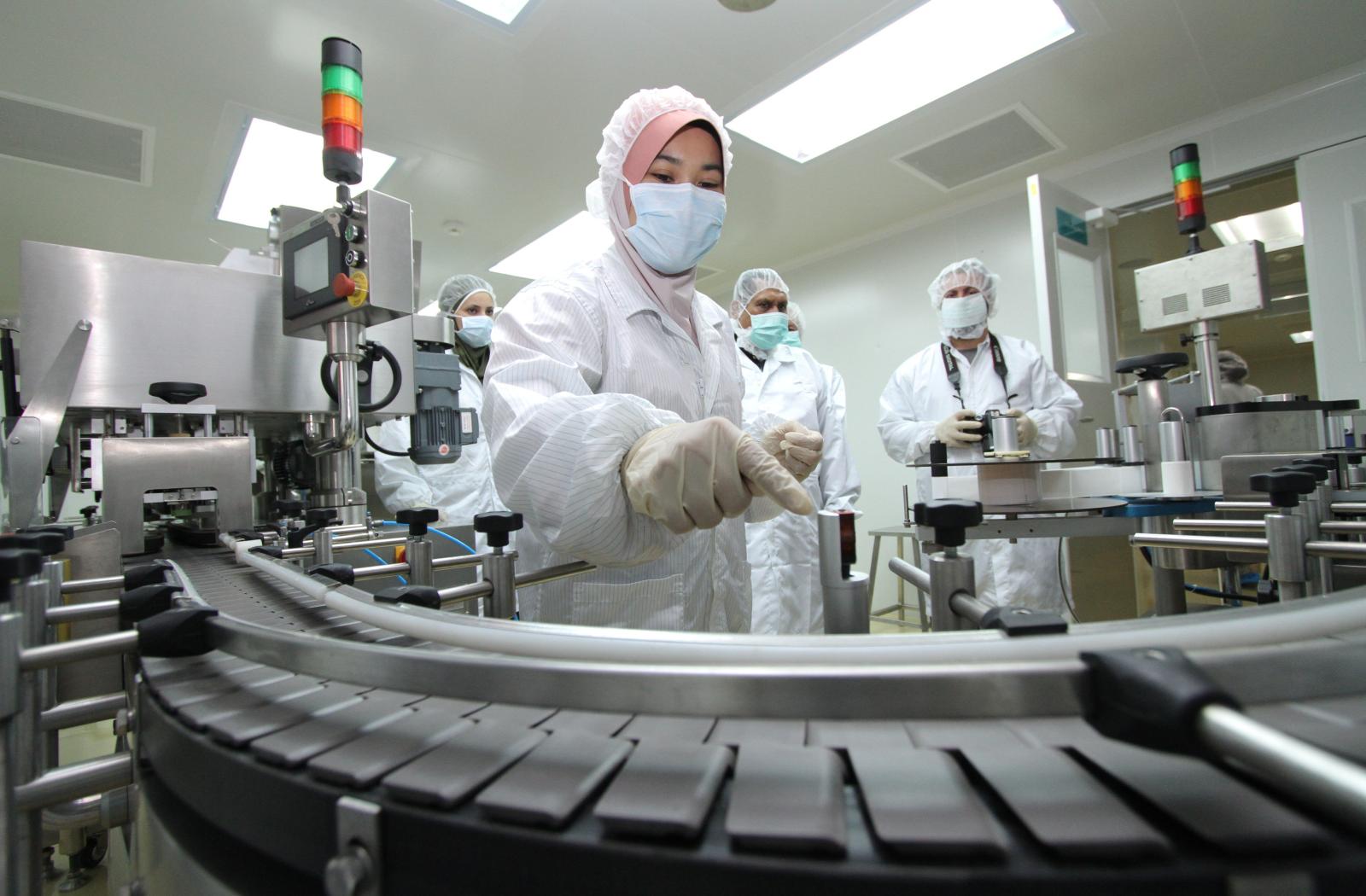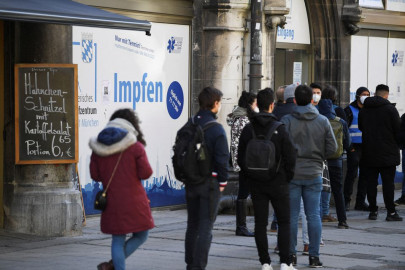Chinese scientists say they have developed a new coronavirus test that is as accurate as a PCR lab test but gives results within four minutes.
Polymerase chain reaction (PCR) tests are widely considered the most accurate and sensitive for detecting the virus that causes COVID-19, but they usually take several hours. During the surge of the highly transmissible Omicron variant, many labs were unable to keep up with heavy testing demand, resulting in long delays.
Researchers from Fudan University in Shanghai say they have a solution.
In a peer-reviewed article published Monday in the journal Nature Biomedical Engineering, the team said their sensor — which uses microelectronics to analyze genetic material from swabs — is quick and accurate at spotting SARS-COV-2, the virus that causes COVID-19.
“We implemented an electromechanical biosensor for the detection of SARS-CoV-2 into an integrated and portable prototype device, and show that it detected (virus RNA) in less than four minutes,” the team said in the paper describing their molecular electromechanical system, or MolEMS.
The researchers said their method offers speed, ease of operation, high sensitivity and portability.
Their trial involved taking samples from 33 people in Shanghai who had the coronavirus, as well as 54 samples from people who were not infected. Some of the people in the negative group were healthy, while others had fevers and some had tested positive for influenza. PCR tests were conducted in parallel.
The researchers said the results from their method were a “perfect” match with the PCR tests. All 33 cases were accurately detected, and none of the 54 people in the negative group got false positives, the team said.
The Fudan researchers said that once developed, their testing device could be used for quick testing in a variety of situations, including airports, health facilities and “even at home.”
They say the technology could be applied to test for other types of infections as well.
“Besides COVID-19, the development of MolEMS could allow for the ultraprecise diagnosis of other diseases in a few minutes, without the need for target purification, amplification or culture, which normally requires hours or days,” they write.
PCR tests not only take more time, they also require lab infrastructure that can be limited in many countries, reducing the number of cases that can be handled each day.
And while rapid diagnostic tests have now become available in many parts of the world, they are generally less accurate.
China is one of the world’s biggest makers of coronavirus test kits.
According to customs data, it exported $1.6 billion worth of test kits in December, a 144% increase from the previous month.







